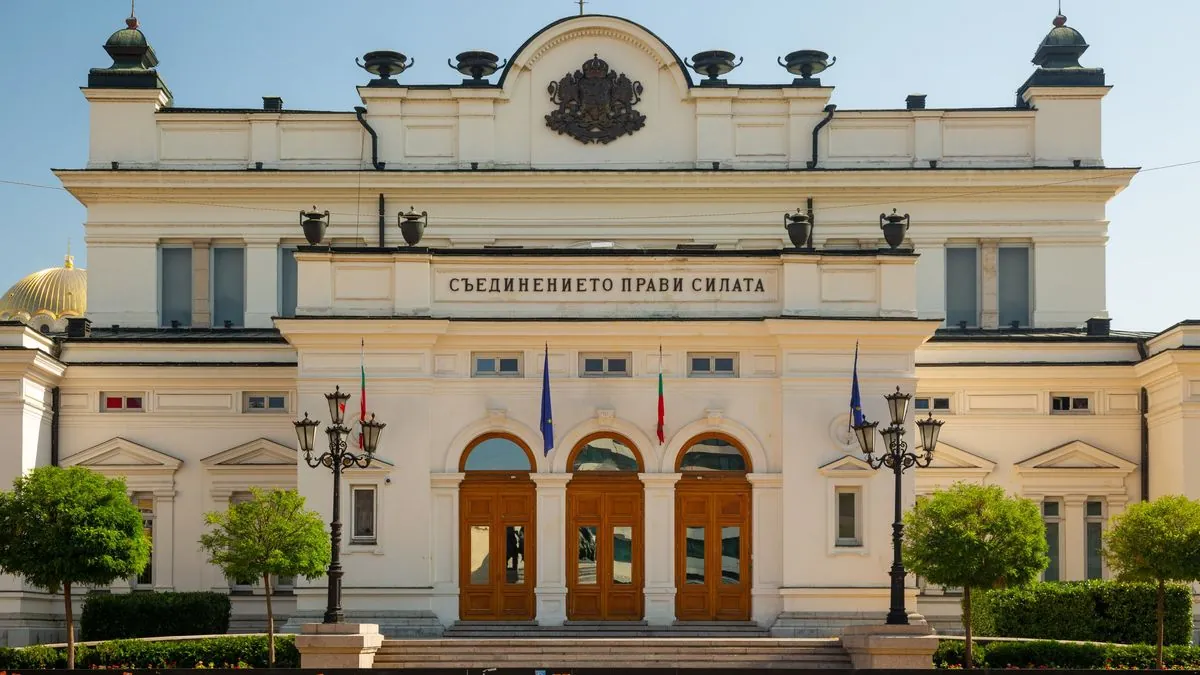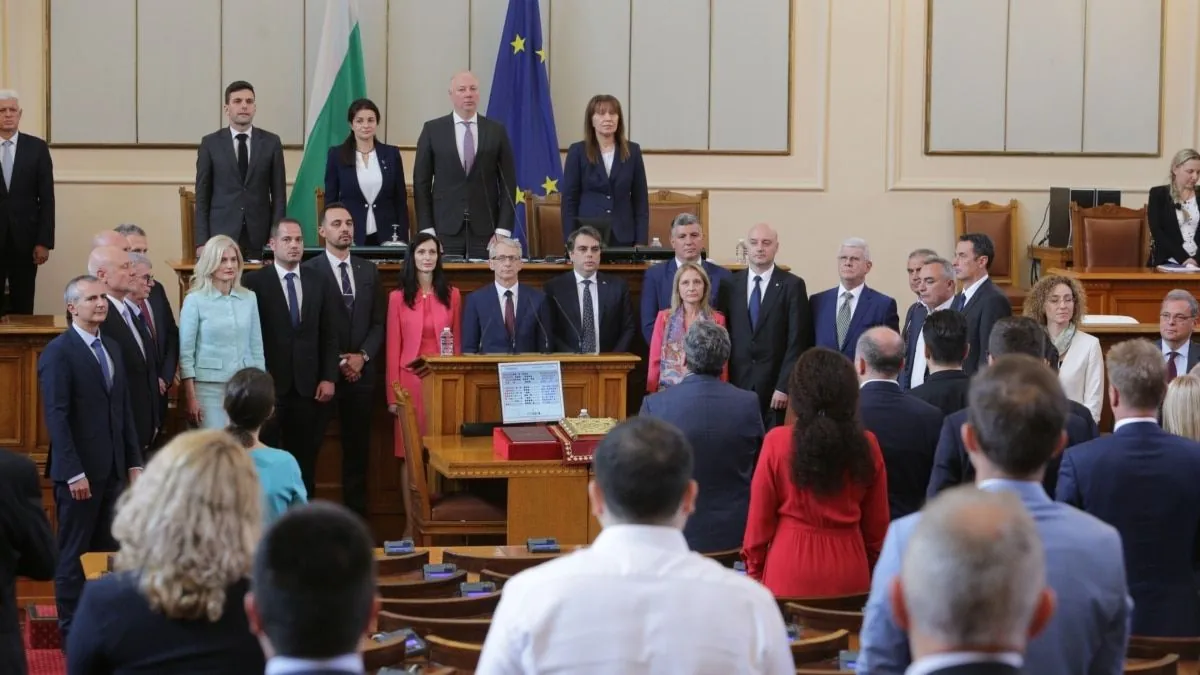Bulgaria Sets Seventh Election in Three Years Amid Political Turmoil
Bulgaria's president announces October elections, marking the country's seventh vote in three years. Political instability continues to hinder EU integration and economic reforms, while voter turnout declines.

Bulgaria, a nation of approximately 6.8 million people, is set to hold its seventh parliamentary election in three years on October 27, 2024. This decision, announced by President Rumen Radev, underscores the ongoing political instability that has gripped the country since 2020.
The frequent elections have become a hallmark of Bulgaria's recent political landscape. Despite joining the European Union in 2007 and NATO in 2004, the country has struggled to maintain stable governance. This instability has hindered Bulgaria's progress in various areas, including its aspirations to join the Eurozone and implement necessary reforms to access EU funds.
Bulgaria's political system operates within a parliamentary democracy, with a 240-seat National Assembly. However, recent elections have resulted in fragmented legislatures, making it challenging to form viable coalitions. The June 2024 election, for instance, failed to produce a clear winner, with the center-right GERB party securing only 68 seats.

The persistent political turmoil has had far-reaching consequences. Bulgaria, which already has the lowest GDP per capita in the EU, faces delays in economic reforms and anti-corruption efforts. The country's strategic location on the Black Sea coast and its diverse landscape, encompassing mountains, plains, and coastline, offer potential for development that remains largely untapped due to political uncertainties.
Voter apathy has become a growing concern. Turnout has declined significantly, from 50% in April 2021 to a post-communist low of 33% in June 2024. This trend reflects the electorate's fatigue with repeated elections and campaigns often marred by propaganda and personal attacks.
"The political crisis is not over. There will be a solution only when there is a sustainable majority in Parliament that elects an effective government."
As Bulgaria prepares for yet another election, the country faces numerous challenges. These include addressing corruption issues, implementing judicial reforms as part of its EU commitments, and working towards Eurozone membership. The outcome of the October election will be crucial in determining whether Bulgaria can break its cycle of political instability and make progress on these fronts.
The repeated elections have not only tested the resilience of Bulgaria's democratic institutions but also highlighted the need for a more stable political environment to address the country's pressing issues. As voters head to the polls once again, the hope remains that this election might finally produce a government capable of navigating Bulgaria through its current challenges and towards a more stable future.


































